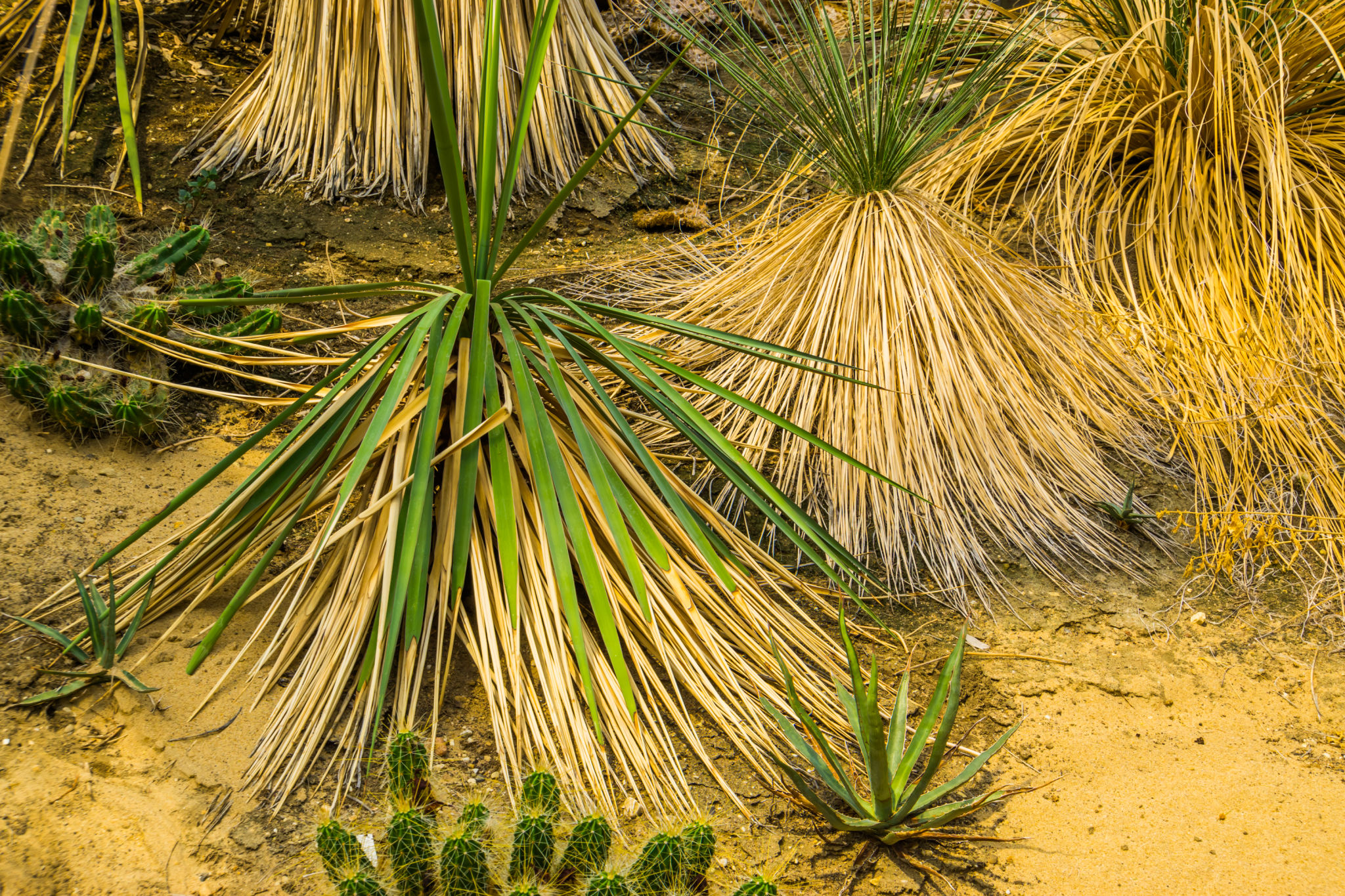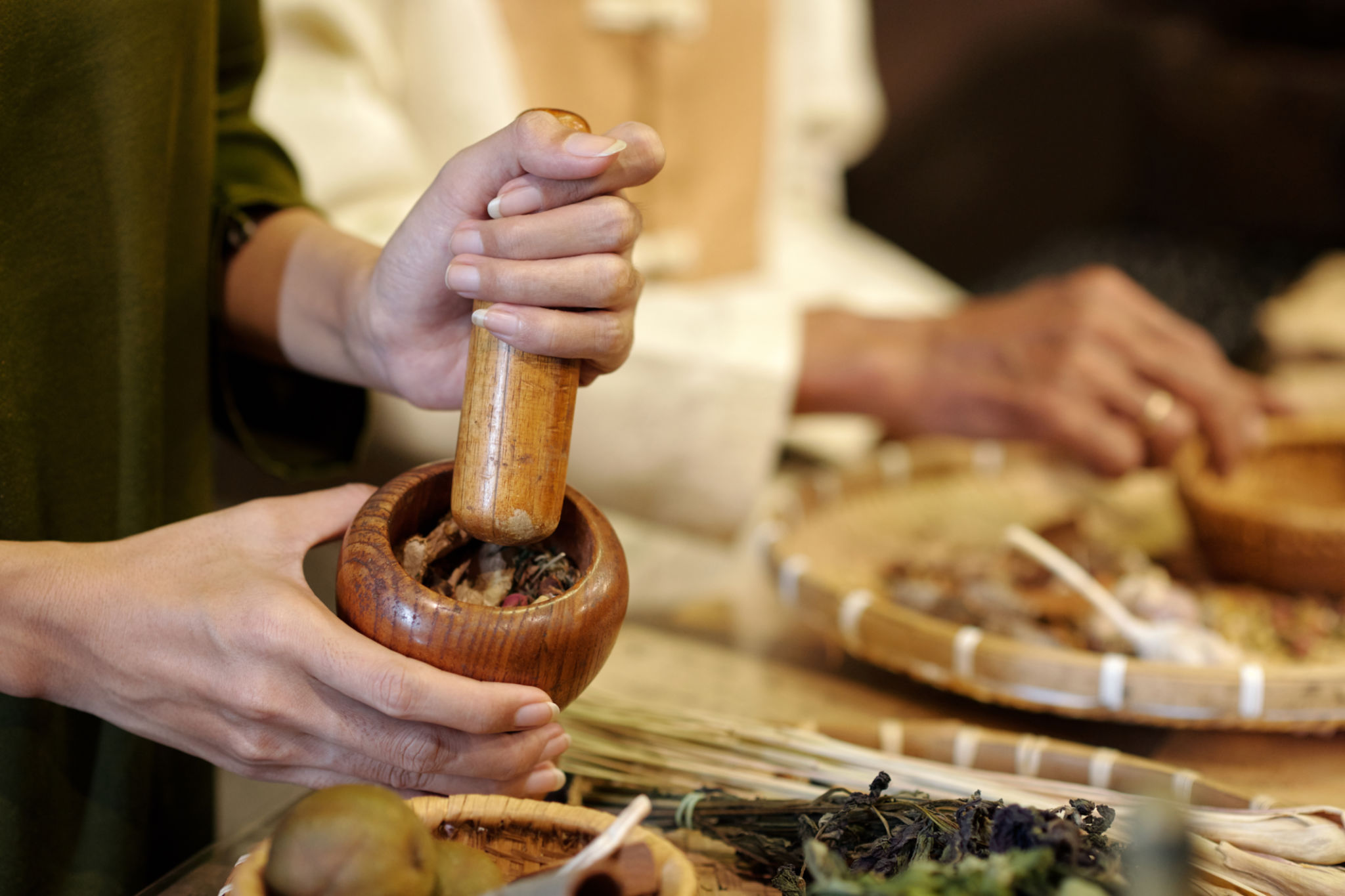Exploring the Benefits of Ethnobotanicals: What You Need to Know
Understanding Ethnobotanicals
Ethnobotanicals refer to plants that are utilized in various cultures for their medicinal, nutritional, or psychoactive properties. These plants have been used for centuries by indigenous populations around the world. The knowledge of these plants is often passed down through generations, making them an integral part of cultural heritage and traditional medicine.
The study of ethnobotanicals is not just about understanding plant species but also involves exploring the relationship between humans and their natural environment. This field of study provides insights into how different cultures perceive and utilize plants, offering a holistic view of traditional healing practices.

Health Benefits of Ethnobotanicals
One of the primary reasons ethnobotanicals are gaining attention is their potential health benefits. Many of these plants contain natural compounds that can aid in treating various ailments. For instance, some ethnobotanicals possess anti-inflammatory, antioxidant, or antimicrobial properties.
In addition to treating specific conditions, ethnobotanicals often support overall well-being. For example, certain plants are known to boost the immune system, improve digestion, or enhance cognitive functions. These benefits make them an attractive option for those seeking natural alternatives to conventional medicine.

Popular Ethnobotanicals and Their Uses
Some well-known ethnobotanicals include:
- Tulsi: Often referred to as holy basil, tulsi is revered in Ayurvedic medicine for its ability to reduce stress and enhance immunity.
- Ashwagandha: Known for its adaptogenic properties, ashwagandha helps the body cope with stress and anxiety.
- Ginseng: Widely used in traditional Chinese medicine, ginseng is believed to improve energy levels and cognitive function.
These plants have been studied extensively, with research supporting many of their traditional uses. However, it's important to consult with healthcare professionals before incorporating any ethnobotanical into your routine.

Ethnobotanicals in Modern Wellness
The increasing interest in holistic health practices has brought ethnobotanicals into mainstream wellness trends. From teas and supplements to skincare products, these plants are being integrated into various aspects of modern life.
Consumers are drawn to ethnobotanicals not only for their potential health benefits but also for their sustainable and eco-friendly nature. Many people appreciate that these products often come from ethically sourced materials and support biodiversity.
Considerations When Using Ethnobotanicals
Despite their benefits, there are several considerations to keep in mind when using ethnobotanicals:
- Ensure the source is reputable to avoid contamination or adulteration.
- Be aware of potential interactions with medications or pre-existing health conditions.
- Start with small doses to observe any adverse reactions your body may have.
By approaching ethnobotanicals with care and awareness, you can maximize their benefits while minimizing potential risks.

The Future of Ethnobotanicals
As research continues to explore the vast potential of ethnobotanicals, their role in healthcare is likely to expand. Advances in scientific methods allow for more detailed studies on the efficacy and safety of these plants, bridging the gap between traditional wisdom and modern science.
The future holds promise for ethnobotanicals as they become increasingly integrated into complementary and alternative medicine practices. This ongoing exploration signifies a harmonious blend of ancient traditions with contemporary needs, paving the way for innovative approaches to health and wellness.